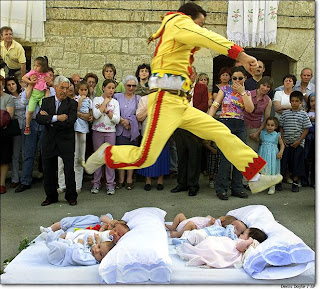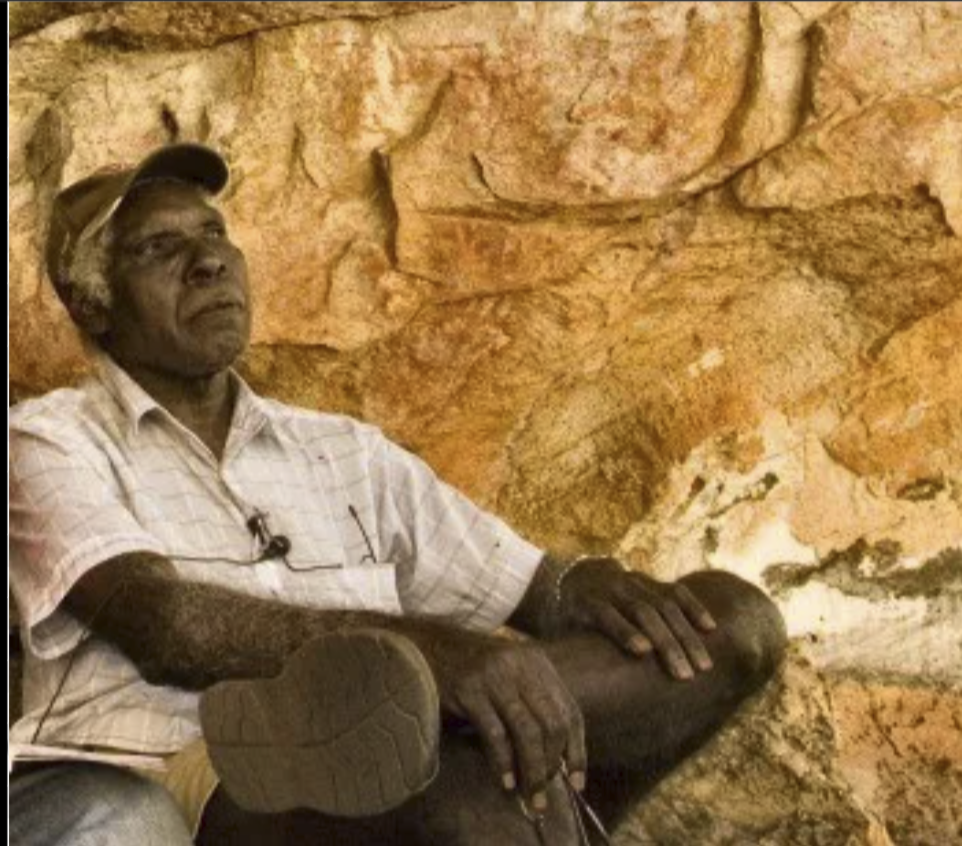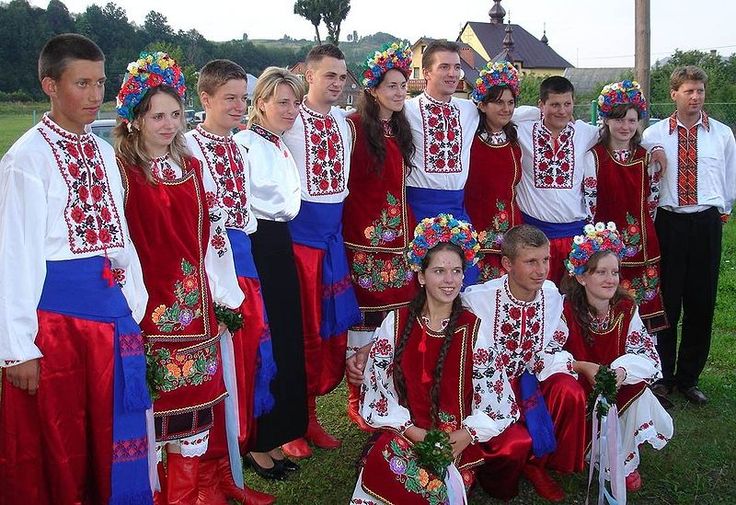Wife-carrying races are thought to have been part of Finnish culture for many generations and they’ve been practiced as a sport in the community of Sonkajärvi since 1992.
The concept is simple: men race while carrying a female partner over the age of seventeen in a piggyback, over the shoulder, or upside-down with her legs over the runner’s neck and shoulders. The winner receives a prize of the wife’s weight in beer.
The sport has become so popular that now it’s held in various locations around the world. Competitors are generally required to buy their own health insurance!










